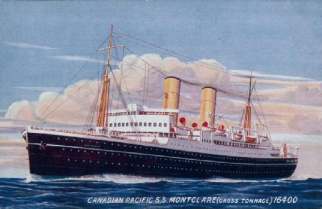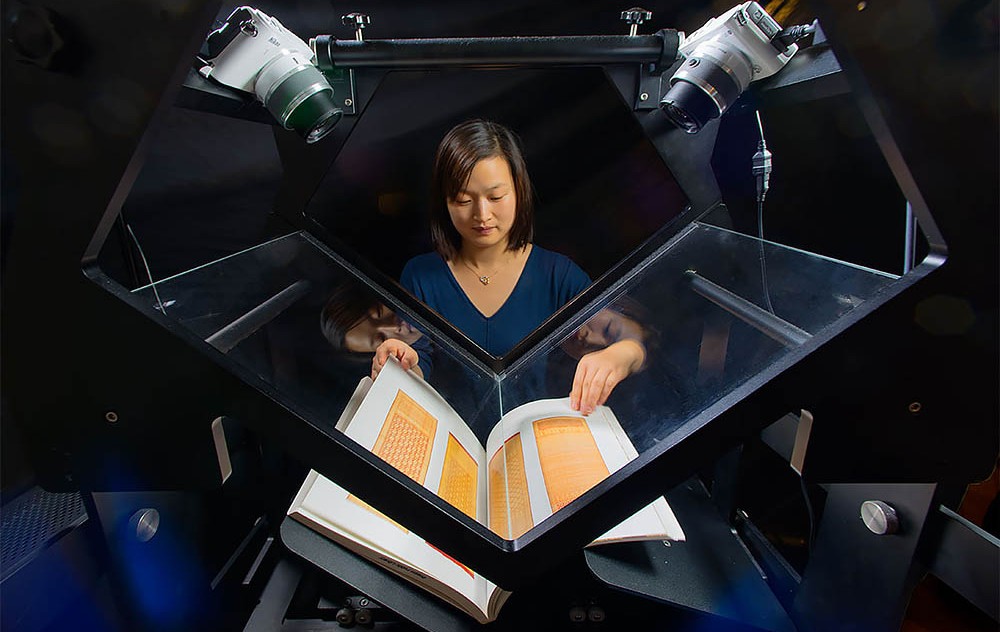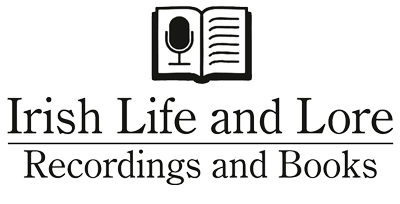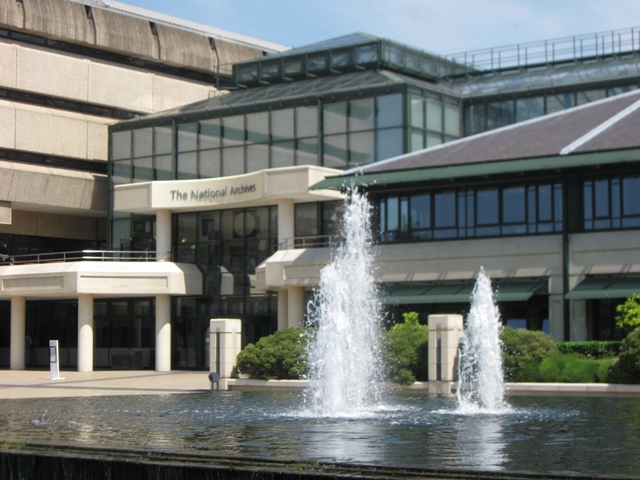You've likely heard that 19th-century doctors resisted washing their hands as they moved between patients and according to
The Dirty History of Doctors’ Hands "mortality rates were perplexingly lower among women who insisted on giving birth in the streets and fields of Vienna rather than risk setting foot in the maternity clinic."
I wondered about the situation in Great Britain and specifically England and Wales.
Data from the University of Cambridge database at
Populations Past includes, for most census years, 1851 to 1911, around 2,000 census sub-districts in England and Wales, statistics on the number of doctors per 10,000 population and infant (less than one year of age) mortality.
For 1851, eliminating sub-districts with large numbers of doctors, likely the home of national specialist hospitals for research and teaching, statistically each additional doctor per 10,000 population correlated with
1.0 more deaths per 1,000 infant births. While the trend line is more doctors — more deaths, there's a wide scatter.
The data for 1881 show, again eliminating the outliers, statistically, each additional doctor per 10,000 population correlated with
0.7 fewer deaths per 1,000 infant births. Again there's a wide scatter around the trend line.
The similar data for 1911 shows the trend continuing — each additional doctor per 10,000 population correlated with
1.4 fewer deaths per 1,000 infant births.
The graph includes the intermediate census years, the data for 1871 is missing. While the overall trend is clear, sub-districts with more doctors per capita having higher infant mortality in 1851 and 1861 and lower from 1881 onwards. The vertical bars, showing the 95% confidence range, indicate no significant change from 1881 to 1901.
Correlation is not causation — a similar trend would occur if doctors chose preferentially to practice in low infant mortality sub-districts in later years.
The change between 1851 and 1861 may in part be explained by the 1858 Medical Act which required all medical practitioners to register with the newly established General Medical Council and may have led to a reduction in the number of unqualified persons reporting themselves as doctors.
For the majority of the period, these results are consistent with the expectation that having additional doctors in an area reduces infant mortality. However, in the early years, more doctors did not correlate with better health outcomes. Education does, but as in many established fields, only over time.




















